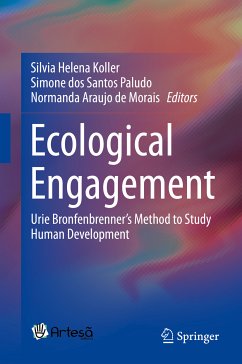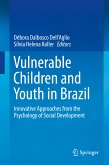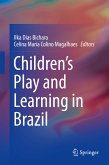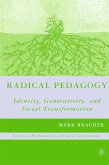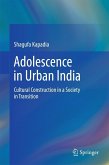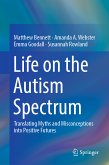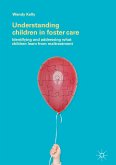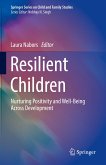The book also shows how this method can be applied in practice by bringing together a series of research reports of studies carried out in different regions of Brazil and in Angola that used the Ecological Engagement method to study children and adolescent development in different contexts, such as street situation, sexual exploitation, institutional reception, family reintegration, school and emergency and disasters, among others.
Ecological Engagement - Urie Bronfenbrenner's Method to Study Human Development will be a valuable tool for psychologists and other social scientists interested in child and adolescent development looking for a solid an innovative methodology that allows researchers to directly interact with their research subjects in their own social contexts in order to fully understand their problems and issues.
"The methodology of Ecological Engagement, that is explained and richly empirically illustrated in this book, is a singularly significant extension of [Urie Bronfenbrenner's] bioecological model. Indeed, in my view it is a brilliant empirical instantiation of the PPCT component of the model. (...) Ecological Engagement methodology is the scientific means through which Urie's legacy can be furthered." - Excerpt from the Foreword to the International Edition by Dr. Richard M. Lerner, director of the Institute for Applied Research in Youth Development, Tufts University
Dieser Download kann aus rechtlichen Gründen nur mit Rechnungsadresse in A, B, BG, CY, CZ, D, DK, EW, E, FIN, F, GR, HR, H, IRL, I, LT, L, LR, M, NL, PL, P, R, S, SLO, SK ausgeliefert werden.

